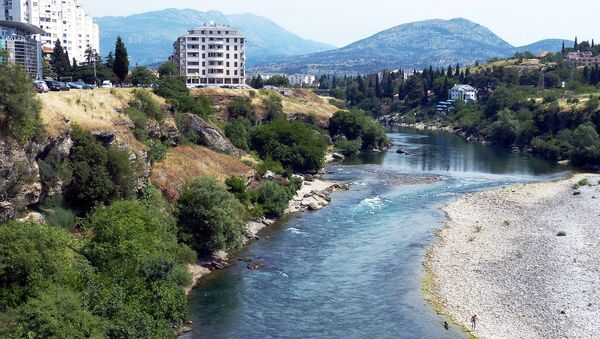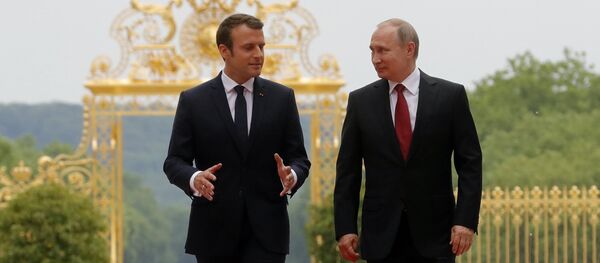"As the level of the anti-Russian rhetoric of the Montenegrin officials is higher, the level of the American engagement in providing a political model to protect Dukanovic's family and their supporters will be higher … Speaking frankly, that is the only card that Dukanovic has at the moment," Pavlovic said.
On Monday, Russian Foreign Ministry spokeswoman Maria Zakharova ruled out any Russian interference in internal affairs of Montenegro and stated that Montenegrin authorities were trying to justify their nation's accession to NATO by accusing Russia of meddling in their affairs.
Pavlovic expressed the opinion that despite negative effects on economic and political spheres of Montenegro, the authorities are likely to continue to toe their anti-Russian line.
"This anti-Russian hysteria of the Dukanovic's regime is harming Montenegro's economic and political interests. I'm quite sure that the anti-Russian rhetoric will further increase," Pavlovic added.
According to Pavlovic, the Montenegrin officials were demonstrating extremely strong anti-Russian rhetoric, trying to provoke any possible conflict with Moscow as of the looming accession of Montenegro to NATO would significantly reduce the value of the country's political elites for the Alliance and the United States.
The Movement for Changes is an opposition political party, which, along with the New Serb Democracy, the Democratic Party of Unity, the Democratic People's Party, the Workers' Party and the Party of United Pensioners and the Disabled, comprises the opposition political alliance in Montenegro — the Democratic Front.
Montenegro was invited to join NATO on December 2, 2015, in the Alliance's first expansion into Eastern Europe in six years. Podgorica accepted the invitation the following day, an act which triggered mass protests in the country. On May 19, 2016, NATO member states signed the accession protocol. The accession process is expected to be finalized by June 2017.





